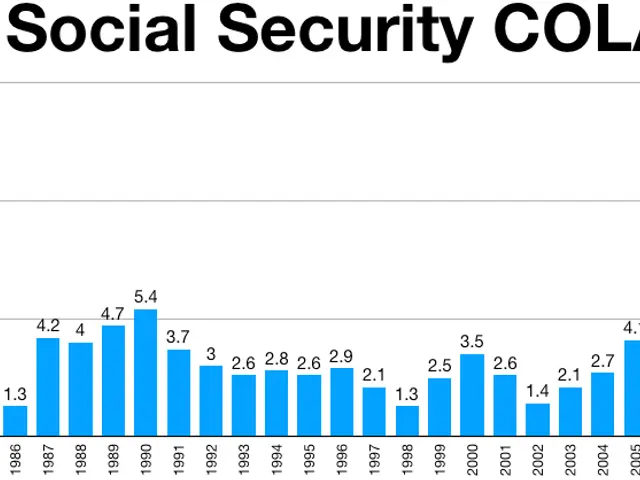Q&A Document: Frequently Asked Questions (FAQ)
In the world of federal record keeping, adhering to certain standards is crucial. One such set of standards is the 36 CFR 1234 Federal Records Storage Facility Standards, which primarily focuses on paper records. However, as digital records become more prevalent, these standards have evolved to include electronic records as well.
When federal records are combined with other records in a single storage area, only the federal records will apply towards the 250,000 cubic feet limitation. This is an essential point to remember for both agencies and commercial storage providers.
The term "approval," "certifies," "certification," and "compliance" in this context refer to the actions agencies must take to meet the requirements of 36 CFR 1234, depending on the type of records storage facility they wish to use. The Agency Records Officer plays a key role in this process. They take the action of Certifying a commercial facility when signing a Certification Statement or Facility Standards for Records Storage Facilities Inspection Checklist concerning the compliance of a commercial facility with the subpart K requirements.
However, if an agency wants to store records in an agency records center, it must receive approval from NARA, even if NARA has already provided approval for another agency to use the same facility. This emphasizes the importance of clear communication and coordination between agencies and NARA.
An offsite scanning vendor's facility is not specifically covered by the Federal Records Storage Facility Standards. Therefore, it is the responsibility of the agency records officer to determine if a scanning facility should be fully compliant with the 36 CFR 1234 requirements, even for short-term storage during the scanning operation.
Vital records, essential agency records that are needed to meet operational responsibilities under national security emergencies or other emergency conditions, do not require special records storage conditions beyond the standards for records center storage facilities.
The standards that are incorporated into 36 CFR 1234 can be found in various sources listed in 36 CFR section 1234.3. For electronic records storage facilities in compliance with 36 CFR 1234, the specific standards include storing electronic records on secure fileservers located in government-managed facilities or secure, private cloud-based systems connected only to a government network. This ensures authorized access only by current government personnel with official duties requiring such access, maintaining security and control over the records.
When records from multiple VA hospitals and clinics are to be stored at a commercial storage facility, the VA records officer and NARA must be notified before records are stored. For documentation required for a commercial facility, please see File 3 of the Records Storage Facility Toolkit. Federal contractors performing a government function or operating in an official government capacity may create or receive Federal records, which must be stored in compliant facilities if they are Federal records.
Federal agencies are responsible for storing their old records in a safe and non-damaging facility to manage and preserve them as long as their records schedule requires. It is important to note that a Records Center is different from a Records Storage Facility, which is a broader term that includes both NARA and agency-operated records centers and facilities operated by commercial records storage providers.
The checklist for a records storage facility can be completed by a commercial vendor, but it is ultimately the responsibility of the agency records officer to verify/certify that the information is correct and that the facility meets the standards of 36 CFR 1234. For documentation required for agency-operated records centers, please see File 2 of the Records Storage Facility Toolkit.
Lastly, it is worth noting that the records stored in compliant facilities may not include all types of media, as different types of media require different storage conditions. To find out if NARA has approved a specific storage facility, you may contact Scott Birckhead at [email protected].
[1] Source: Official NARA Guidelines
- In the realm of personal finance, it is essential to adhere to certain standards, similar to the way federal records need to follow specific regulations. For instance, in wealth-management, investing wisely and managing resources effectively can serve as the 'compliance' equivalent, ensuring the growth and preservation of personal wealth, much like the 36 CFR 1234 standards maintain the integrity and accessibility of federal records.
- Just as commercial storage facilities require certification to demonstrate their compliance with the 36 CFR 1234 Federal Records Storage Facility Standards, a financial advisor might need to obtain a certification to show their competence in investing and wealth management, providing assurance to clients that their business operations follow best practices and adhere to industry standards.






